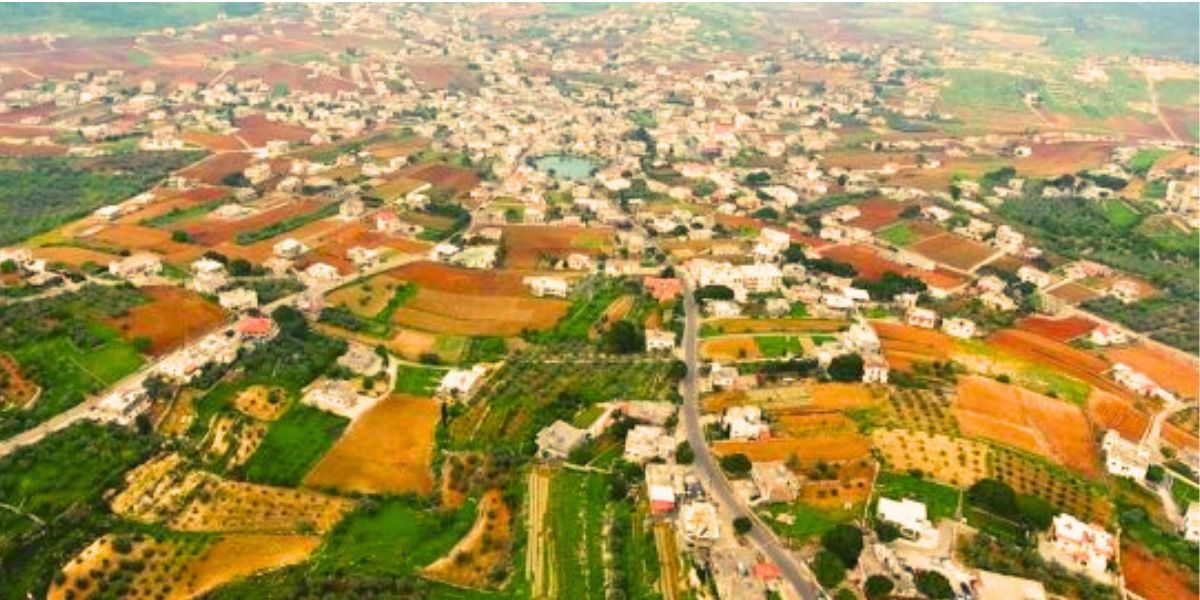New Lines Institute released a report on Tuesday about the growing Captagon production in the Middle East.
Titled The Captagon Threat: A Profile of Illicit Trade, Consumption, and Regional Realities, the report revealed that the amphetamine-type stimulant trade grew in the Middle East to $5 billion in 2021, a fastly growing illicit business causing an increase in health and security risks.
The authors of the report, analysts Caroline Rose and Alexander Soderholm, called that trade “a rapidly growing illicit economy in the Middle East and the Mediterranean.”
They found that Syria is the main producer and Saudi Arabia is the main consumer, while Lebanon takes part in the process as “a key transit point for the Captagon flows.”
KSA has seized millions of Captagon pills, however, according to the report, the amount seized is only a fraction of what is produced.
“One of the most challenging aspects in tracking the patterns of Captagon production, smuggling, and use is assessing its precursors and constantly shifting chemical formula,” the report indicates.
It documents how members of the Syrian president’s family and high-ranking members are involved in the manufacturing and smuggling process, as a way of “using the trade as a means for political and economic survival.”
The authors note in the report that Lebanon has smaller Captagon production facilities and is serving “as an extension of the Syrian Captagon trade.” For that, Syria is using its ally, Hezbollah, which has control over the Syrian-Lebanese border.
“With its history of controlling Lebanese cannabis production and smuggling out of the southern Bekaa Valley, Hezbollah has seemingly served an important supporting role in the Captagon trade,” the report points out.
“Additionally, following the Israel-Lebanon war in 2006 and Lebanon’s civil war, factions became desperate for alternative revenue sources, expanding the space for the illicit drugs trade.”
Caroline Rose told Agence France-Presse (AFP) that Captagon is consumed on a small scale in Europe, meanwhile, with Syria becoming the biggest exporter, it will spread beyond the MENA region, since the recreational is sold very cheaply.
According to the analyst, the drug is sold in Syria for less than $1, while the tablet in Saudi Arabia can cost more than $20.
The report also points to a link between drug markets and conflicts.
It concluded that “in anticipation of civilians traumatized by a decade of violent conflict, investments are urgently needed into mental health and psychiatric services.”
It is to note that, in the past several months, the Lebanese authorities have thwarted several smuggling attempts of Captagon pills destined to Saudi Arabia yet without arresting and/or blocking the sources.
The political complexity of Lebanon has put the country in critical situations, namely the ongoing smuggling operations, the jeopardy of the relations with the Arab Gulf State, and the investigation of the Beirut Blast, to name the most relevant.

















